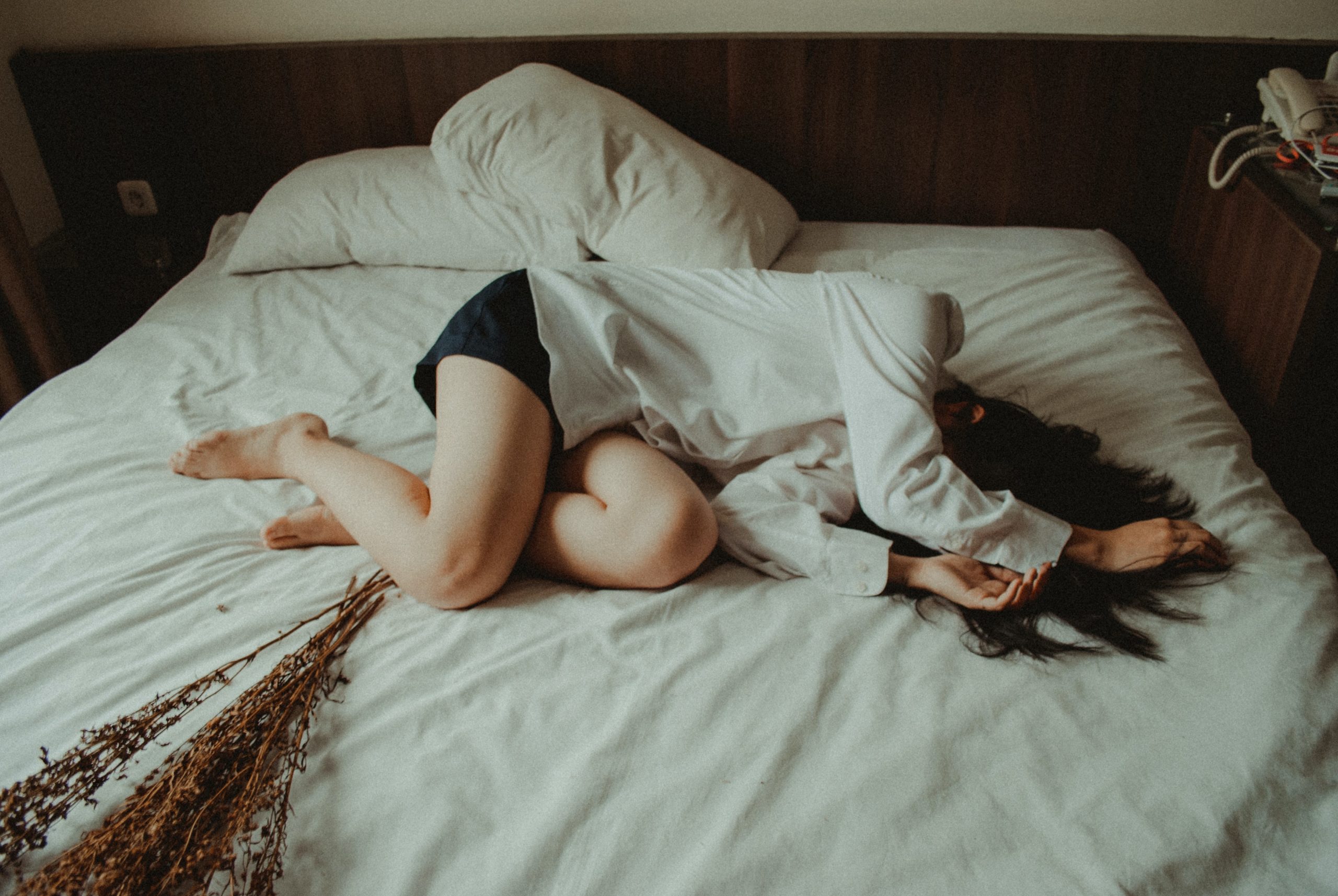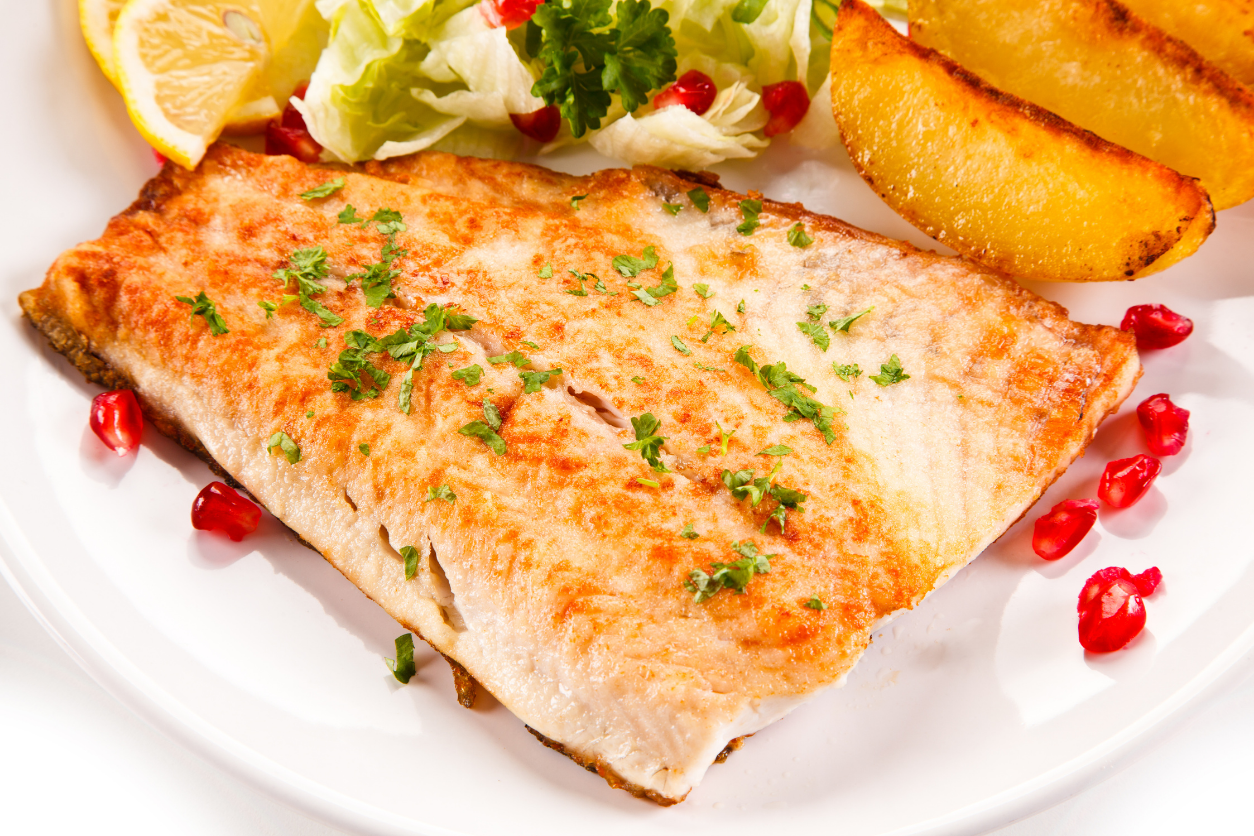Remember back in middle or high school science class learning about the placebo effect? The placebo effect is what helps one recover from an illness simply based on believing a fake or sham cure will work. In research studies with new drugs for example, it’s common practice to give some of the study participants a fake dose of the medication being studied, and oftentimes those people, believing the sugar pill was in fact the real pill, report an improvement in their condition.
The opposite of this is the lesser known nocebo effect. This is a problematic effect where negative beliefs regarding a condition or a treatment approach directly result in negative results, and negative results create negative health outcomes for the individual.
The placebo and the nocebo effects show us that the mind is far more powerful than we can ever comprehend, and our brain has a powerful influence on the physiology of the human body.
Just as we can be healed in the absence of real treatment, we can also have and experience real symptoms without a real illness or condition. Does this mean the symptoms aren’t real? Absolutely not! Symptoms and pain are very real, but sometimes we have to stop and question: is the source of this pain really what I thought it was? Am I a victim subject to the whims of this illness, or can I be a co-creator in healing it? The truth of the matter is, we can hold some personal responsibility for how our body responds to and recovers from illness. Bolstering our confidence in our body’s ability to heal is a crucial component of vibrant health.
For example, in one study researchers gave participants a saltwater injection that was said to contain the exact allergen the participant claimed to have, and even though it was merely salt, a number of participants reported allergic reactions. A second dose of salt water was given, this time with the disclosure that it would neutralize the allergic reaction, and for many participants it did just that.
This demonstrates that we are both the placebo and the nocebo. Our body responds to our brain. The brain can simply think about an imagined experience and produce the same exact neurochemicals as it would if the experience was being lived out in real time. The brain perceives reality and imagination much the same, and responds almost identically to both.
Because the human brain thrives on patterning and on seeking out ways to align perception and belief with experienced reality, we have to be vigilant when it comes to the beliefs we hold about our health; both our health status and our ability to recover. Not only can the nocebo effect create or further progress illness, but it can also dampen our ability to recover from pain and illness.
Sometimes this is because we allow a diagnosis to become our identity and we fuse to it, along with all the negative ramifications that come with the diagnosis, and sometimes this is because we believe our body needs outside help to heal and function when in reality our body is in many instances a self-healing, self-regulating entity that has the capability to heal in the face of a challenge (especially when we treat it right with a health-promoting lifestyle).
Dr. Joe Dispenza poses a great question worth pondering in his book You Are the Placebo: Making Your Mind Matter. He asks, “Are we more likely to suffer from arthritis, stiff joints, poor memory, flagging energy, and decreased sex drive as we age, simply because that’s the version of the truth that ads, commercials, television shows, and media reports bombard us with? What other self-fulfilling prophecies are we creating in our minds without being aware of what we’re doing? And what ‘inevitable truths’ can we successfully reverse simply through thinking new thoughts and choosing new beliefs?”













